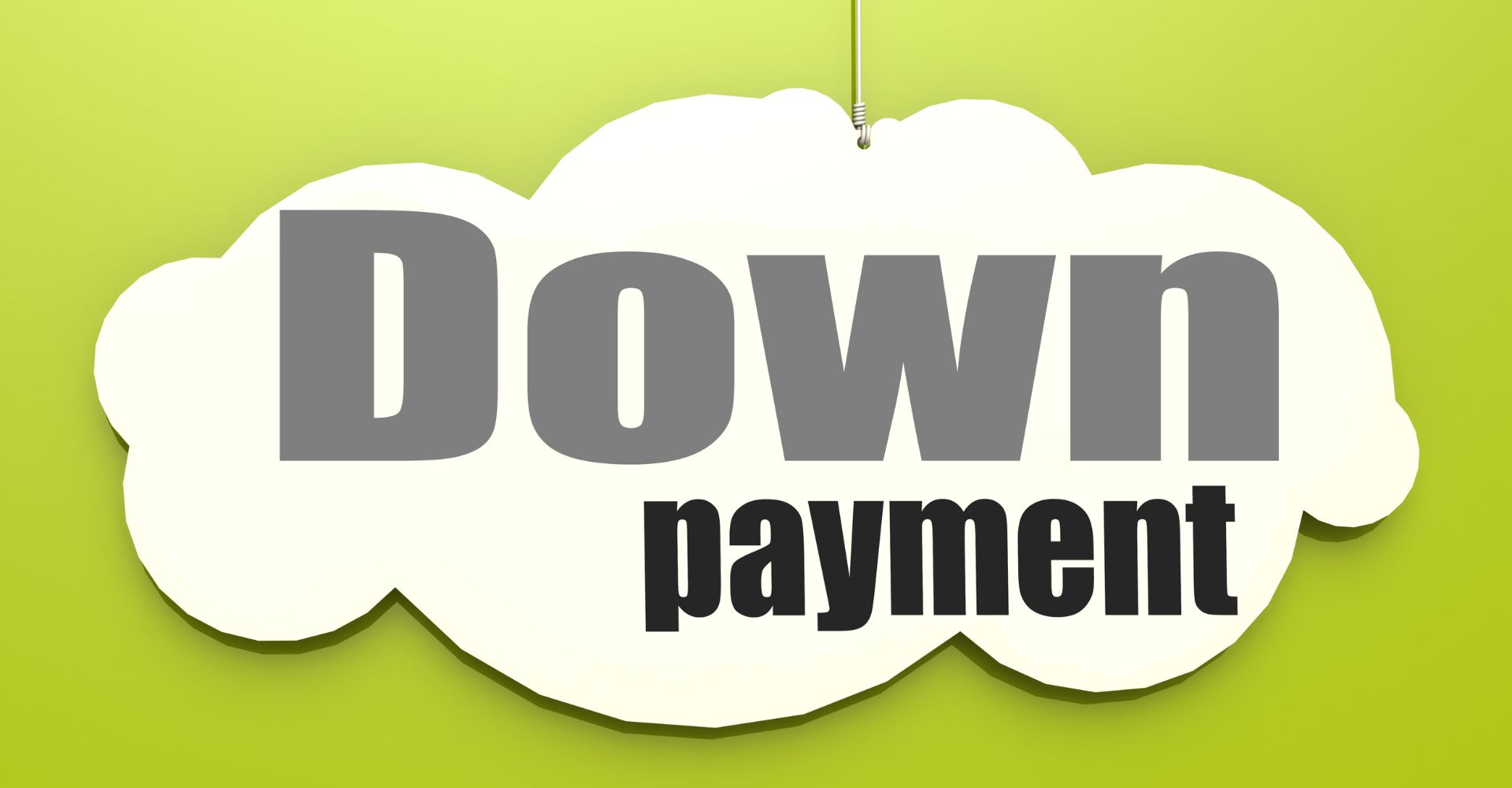If you’re like most people, you dream of buying a house and having a place that you can call your own.
Unfortunately, buying a home is a rather expensive endeavor—the biggest investment most people will make in their lives.
Fortunately, you don’t have to cover the entire purchase price of the home upfront.
But you do need to come up with a significant amount of money for the down payment before you can close on a home.
Banks and other lenders often require a down payment that’s 20% of the purchase price of the home.
Unless you have a lot of money saved or wealthy benefactors, coming up with 20% on a $300,000 or $400,000 house, for example, can be quite challenging.
Making a smaller down payment means that you’ll need to buy private mortgage insurance (PMI).
PMI is insurance that protects the lender if a borrower defaults, which is when a borrower can’t make any more payments.
The PMI goes away once the mortgage is under 80% of the purchase price of the home.
The down payment is only part of the equation, as you’ll need to cover other common closing costs such as the home inspection, home appraisal, title insurance, etc.
Taken together, these expenses are nothing to sneeze at – depending on your situation, they can amount to anywhere from 3% to 6% of the total purchase price.
In buyers’ markets, you might have luck convincing your seller to pay some closing costs, but that’s far from guaranteed.
To help, we’ve put together a list of tips on how to find extra down payment money to help make your dream a reality.
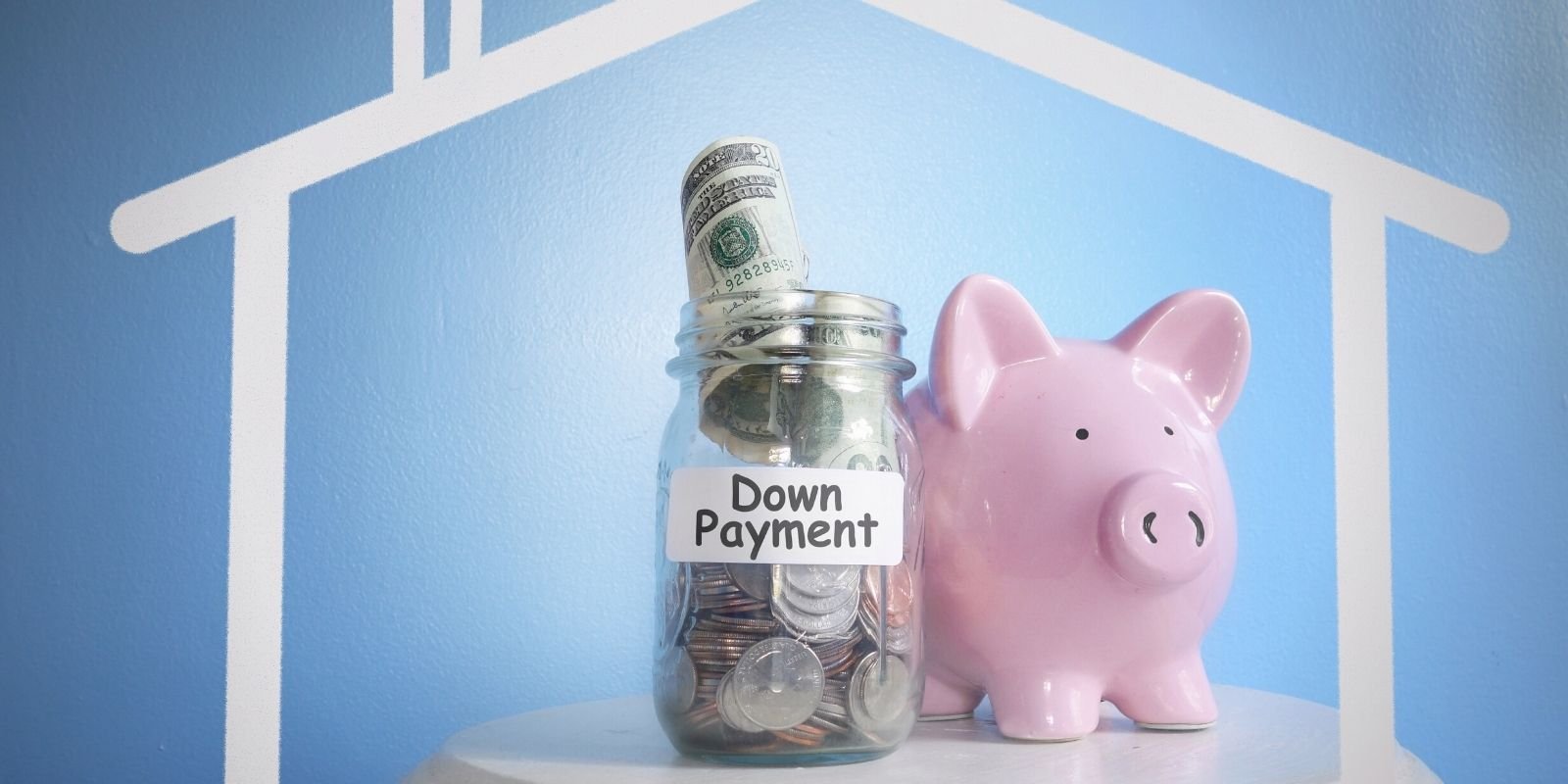
How Much is a Down Payment?
While it is due at closing, the down payment isn’t necessarily considered a closing cost.
That’s not to diminish its importance as your down payment plays an important role in determining what you can afford on your home-buying budget.
Your down payment is a critical part of the offer that you present to the seller.
As a general rule of thumb: a larger down payment strengthens your offer, making it more likely to be accepted by the seller.
Put another way: the greater the down payments share of the total purchase price, the more likely the seller is to accept.
Historically, down payments have been at least 20% of a home’s purchase price.
For a $250,000 house, the ideal down payment would be $50,000.
The last few decades have seen smaller down payments become increasingly common.
This is due largely to looser underwriting requirements and growing acceptance among sellers.
Even with smaller down payments becoming more common, coming up with a down payment is no walk in the park, especially for first-time homebuyers.
It’s not impossible to save for the down payment on a home, but it will require some time and financial discipline.
Following the tips and strategies in this guide will help you to realize your dream of homeownership faster than you thought possible!
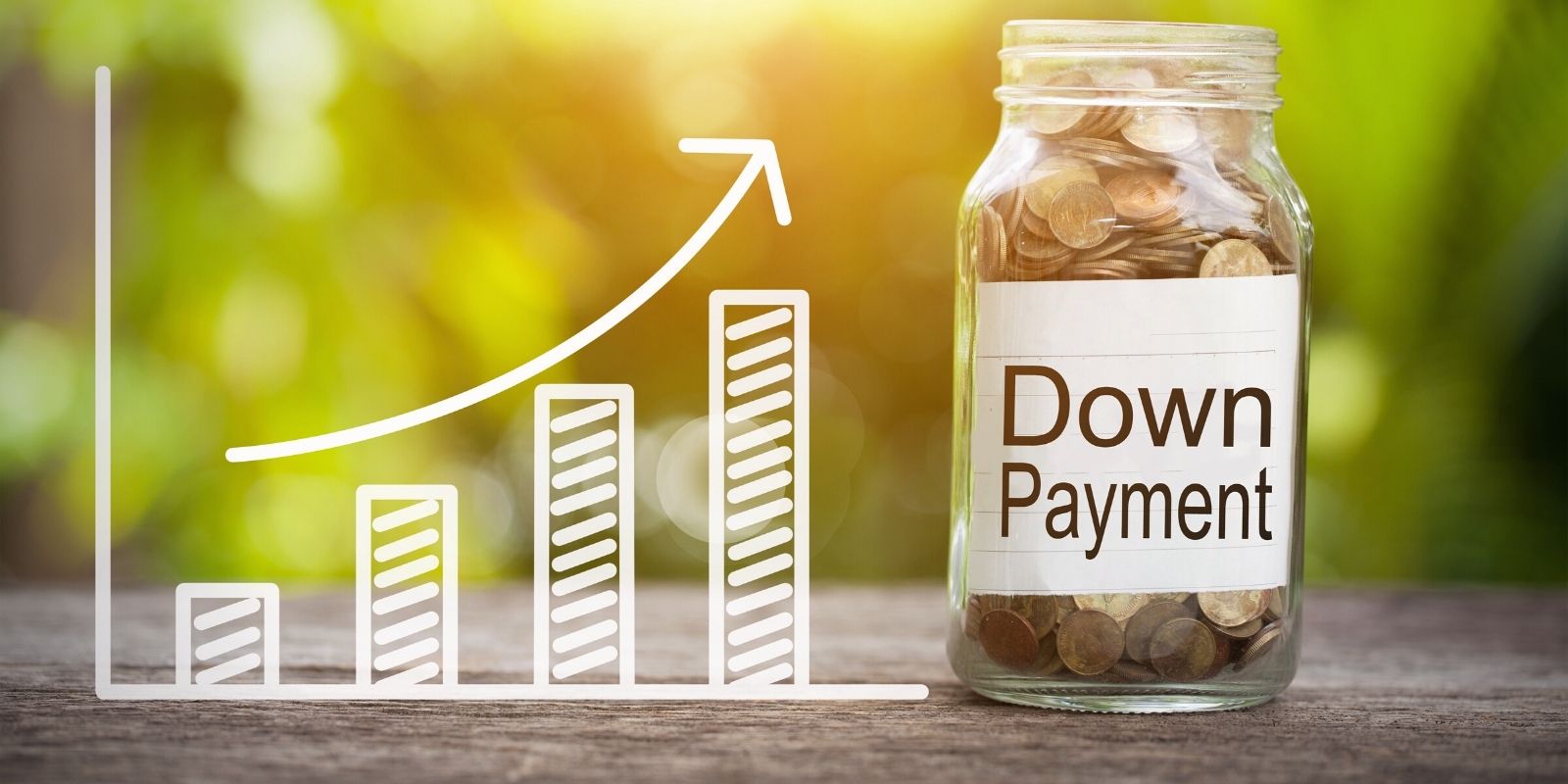
How To Find Extra Down Payment Money
Below we’ve put together a few of the most common methods people use to find extra down payment money.
You may be able to cover your down payment by using only one of the recommendations we’ve compiled.
Alternatively, you may need to use two or more of them to cover the cost of your down payment.
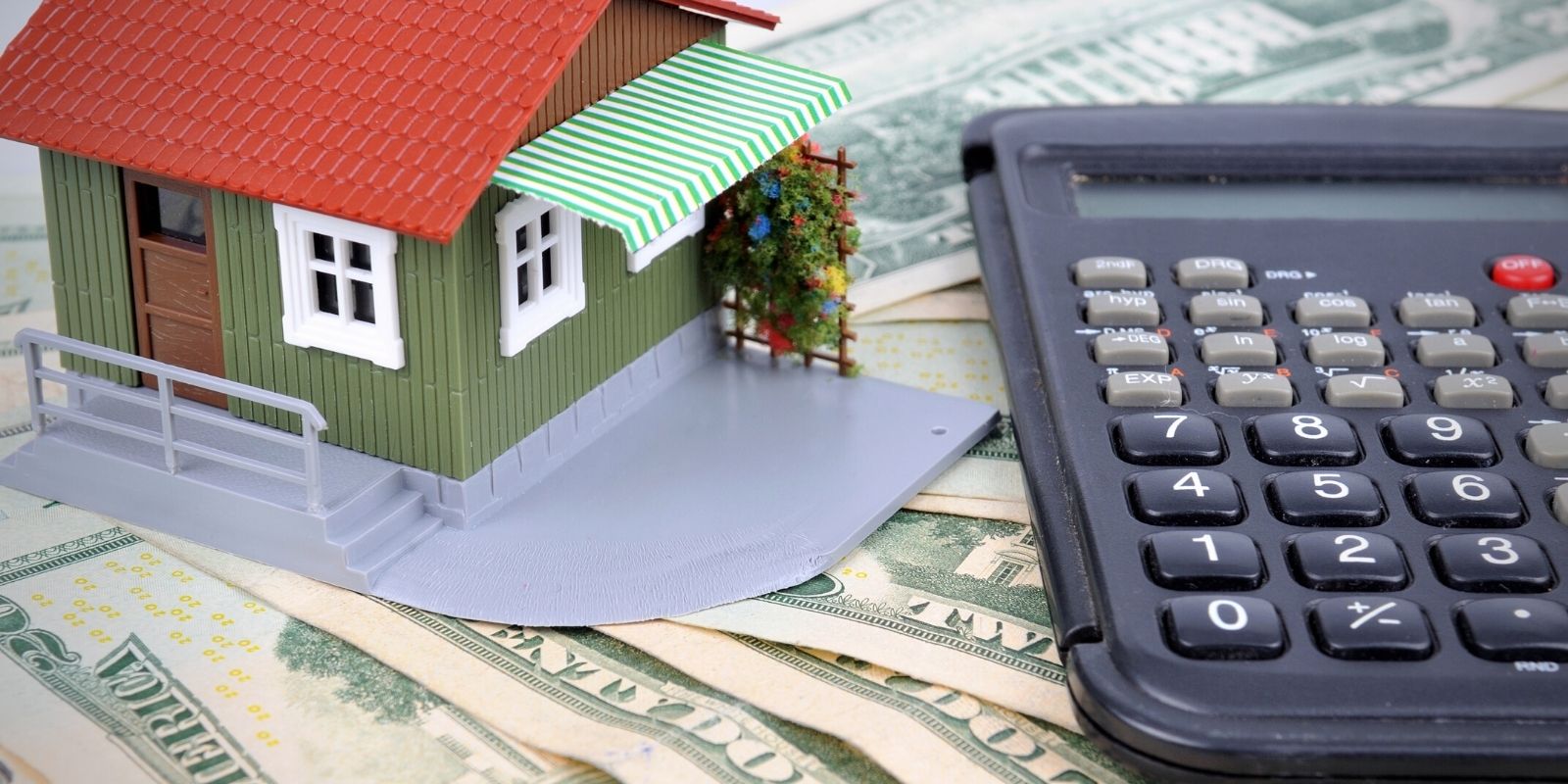
Determine Your Expected Down Payment and Timeframe
The first thing you should do when considering how to find extra down payment money is to figure out how much your down payment will be.
A down payment’s size is a function of three factors:
- Your desired initial loan-to-value (LTV) ratio
- Local housing market conditions
- Your time horizon (when you want to buy)
When talking about budgeting for a future home purchase, people generally refer to the list prices.
For example: “We are willing to pay $250,000,” or “We can afford $400,000, but no more.”
Those numbers aren’t where you should focus when discussing affordability, as the most important number is the down payment amount.
If you aren’t able to come up with a $40,000 down payment on a $200,000 house, then you can’t afford that house.
To be safe, the top of your affordability range is the highest down payment you can save for within your home buying timeline, without undershooting your target LTV.
So, if you want to buy a $250,000 house with a 20% down payment in two years, you’ll need to have $50,000 set aside for your down payment in 24 months.
The down payment isn’t the only cost you’ll need to cover at closing.
To be safe, let’s assume that your other closing costs are at the high end of the realistic closing cost range and will add up to 6% of the home’s purchase price.
On the $250,000 house that we’ve been using as an example, that’s another $15,000, for a total of $65,000.
Whatever your financial situation is going into closing, don’t completely drain your bank account just to buy a house.
Regardless of your near- or long-term goals, it’s wise to have at least three months (preferably six months) of income in liquid savings as an emergency fund.
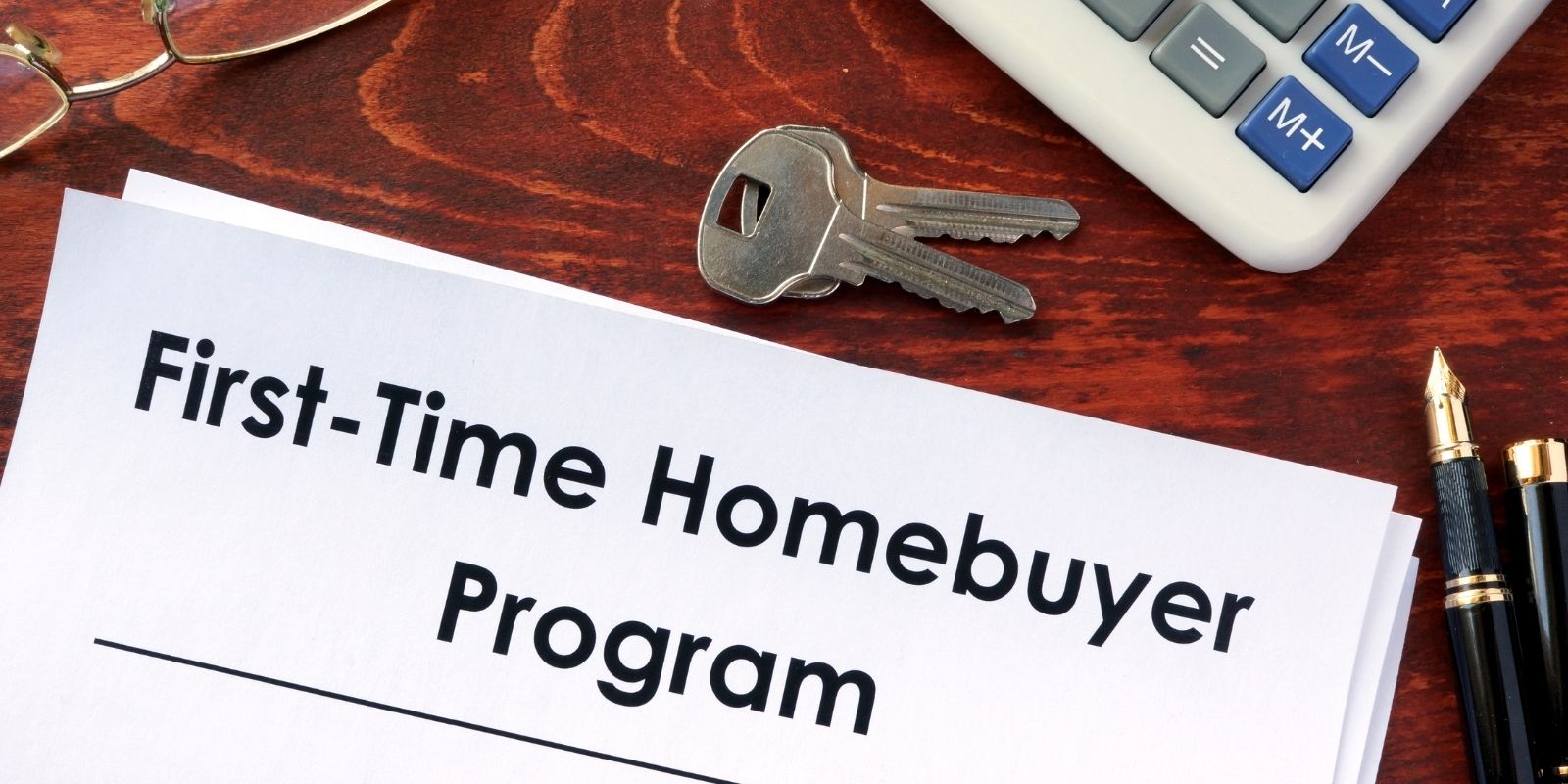
First-Time Homebuyer Programs
There are a number of government programs that offer assistance to first-time homebuyers.
Many of these programs provide grants or low-interest loans to help cover some or all of the costs associated with buying a home, including the down payment.
Some first-time homebuyer programs let you put down as little as 3.5% or even 0%.
You can often qualify as long as you haven’t owned a home in the last three years.
The most common are FHA loans, USDA loans, and VA loans.
FHA Loans
The Federal Housing Administration (FHA) offers mortgage loans that are insured by the federal government.
These loans are offered to low-to-moderate-income borrowers through FHA-approved banks and lenders.
Known as 203b mortgage loans, they require as little as 3.5% down.
You can also qualify for the program with a credit score as low as 580, although a lower credit score will affect your interest rate.
An FHA loan can be used on one- to four-family homes and the underwriting standards are much looser than on conventional mortgages.
USDA Loans
If you’re buying a home in a rural or outer suburban area, you may qualify for a USDA loan.
This is another type of federally insured loan designed to bring housing within reach for lower-income country-dwellers.
Unlike FHA and VA loans, USDA loans are direct loans – they’re made by USDA itself.
Use USDA’s property eligibility map to see if you qualify.
Conventional 97 Loans
Conventional 97 loans are just as they sound: conventional mortgage loans that let you put as little as 3% down, for a maximum LTV of 97%.
They’re backed by Fannie Mae and come in different configurations, so be sure to read Fannie’s fact sheet before applying.
VA Loans
The U.S. Department of Veterans Affairs (VA) offers loans to veterans and active-duty military.
VA loans often require no money down and typically offer a favorable interest rate.
While putting nothing down may sound appealing, we recommend putting some money down to reduce the total amount you must borrow.
While the above loan programs may sound amazing, there are a few drawbacks that you should be aware of.
The biggest drawback of loan programs with small down payment requirements is the need to carry private mortgage insurance (PMI).
As mentioned in the introduction, private mortgage insurance protects the lender in case the buyer defaults on their loan.
The annual premiums for PMI can exceed 1% of the total loan value – an extra $3,000 per year on a $300,000 loan, for instance.
Once the balance on your mortgage falls below 80% of the purchase price of your home, you are no longer required to carry PMI.
Another drawback of these types of loans is that they can weaken your offer.
Some sellers may be hesitant to sell to a first-time homebuyer with an FHA or Conventional 97 loan.
The reason for this hesitancy is the suspicion that the buyers’ finances may not be stable and the deal may fall apart before closing.
All other things being equal, rational sellers are likely to favor conventional 20%-down offers over lower down payments.
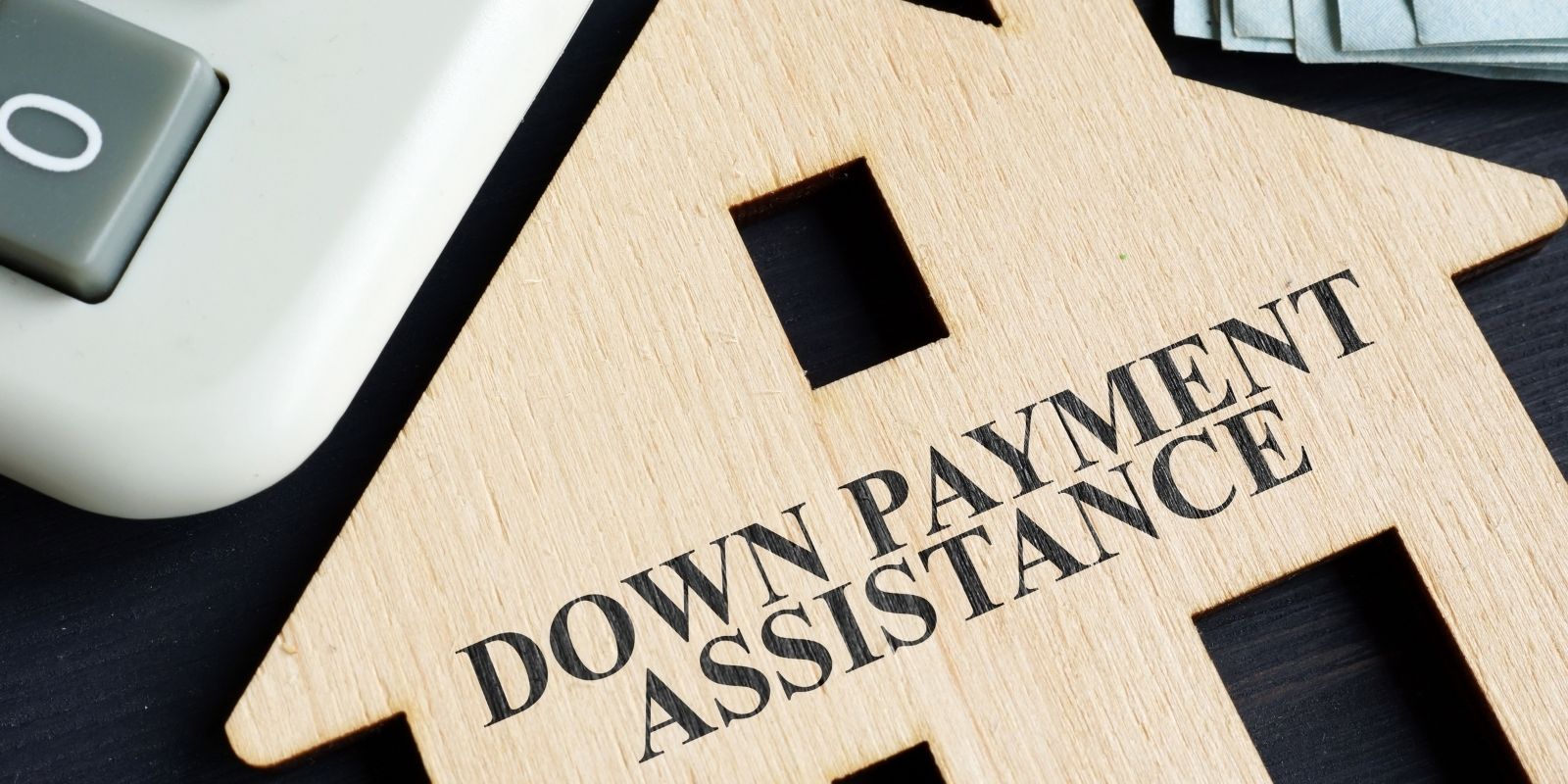
Texas Down Payment Assistance Programs & Resources
The Texas Department of Housing and Community Affairs (TDCHA), offers first-time home buyer programs to assist qualified borrowers in the Lone Star State.
If you haven’t owned a home as your primary residence within the past three years, you’re considered a first-time home buyer by the TDHCA.
This requirement is waived if you’re an honorably discharged veteran.
My First Texas Home Loan
The My First Texas Home Loan program is commonly used for assistance with down payments and closing costs.
The program offers first-time homebuyers and veterans, 30-year, fixed-interest rate mortgages.
Also included in the program is down payment and closing cost assistance of up to 5% of the mortgage amount as a no-interest, no-monthly-payment second lien.
Eligibility for the program requires that buyers complete a home buyer education course and provide their lender with a certificate of completion prior to closing.
To satisfy this requirement a free, two-hour online course is offered by TDHCA, and HUD-approved homeownership courses are also accepted.
Although it’s technically a loan, money provided for down payments or closing costs doesn’t need to be repaid until the home is sold, refinanced, or paid off.
My First Texas Home loans can also be combined with the Texas Mortgage Credit Certificate program to reduce your federal tax bill.
My Choice Texas Home
The My Choice Texas Home Program is commonly used for assistance with down payments and closing costs.
Qualified buyers can get help with down payments and closing costs up to 5% of the loan amount.
Unlike the program above, the My Choice Texas Home program is not restricted to first-time homebuyers.
It offers conventional or government-backed 30-year fixed-rate loans.
Income and purchase price limits apply, and a minimum credit score of 620 is required.
Texas Mortgage Credit Certificate (MCC)
Every time you make a mortgage payment to your lender, a portion of that payment goes to the lender in the form of interest charges.
First-time home buyers here in Texas may be able to recoup a portion of that interest on their federal tax bill using the Texas Mortgage Credit Certificate, or MCC.
There can be annual limits on the tax credit depending on a specified percentage of mortgage interest paid.
The mortgage credit certificate is valid for the lifetime of the loan, so long as the home remains your primary residence.

Get a Part-Time Job
A part-time job is a great way to make some extra money to put towards a down payment on a house.
Having a part-time job can also help you to build your credit score, which can make it easier to get a loan for a house.
You might consider turning your car into a moving billboard.
Sites like FreeCarMedia can pay you up to $400 a month if you wrap your vehicle with an advertisement.
More subtle back-window advertising pays around $50 a month.
You could also work as a freelancer in your free time on sites like Upwork and Fiverr.
These sites allow individuals to pick up jobs that can be done from the comfort of home.
The freelancing jobs that you can do to supplement your income range from:
- Researching
- Data Entry
- Transcription
- Graphic Design
- Writing
- Editing
- And Much More
Another part-time job that has become popular in recent years is driving for a rideshare company.
You can turn your car from a money-wasting asset, into a money-making asset.
Uber and Lyft are the two biggest rideshare companies that you can work for to make some extra down payment money.
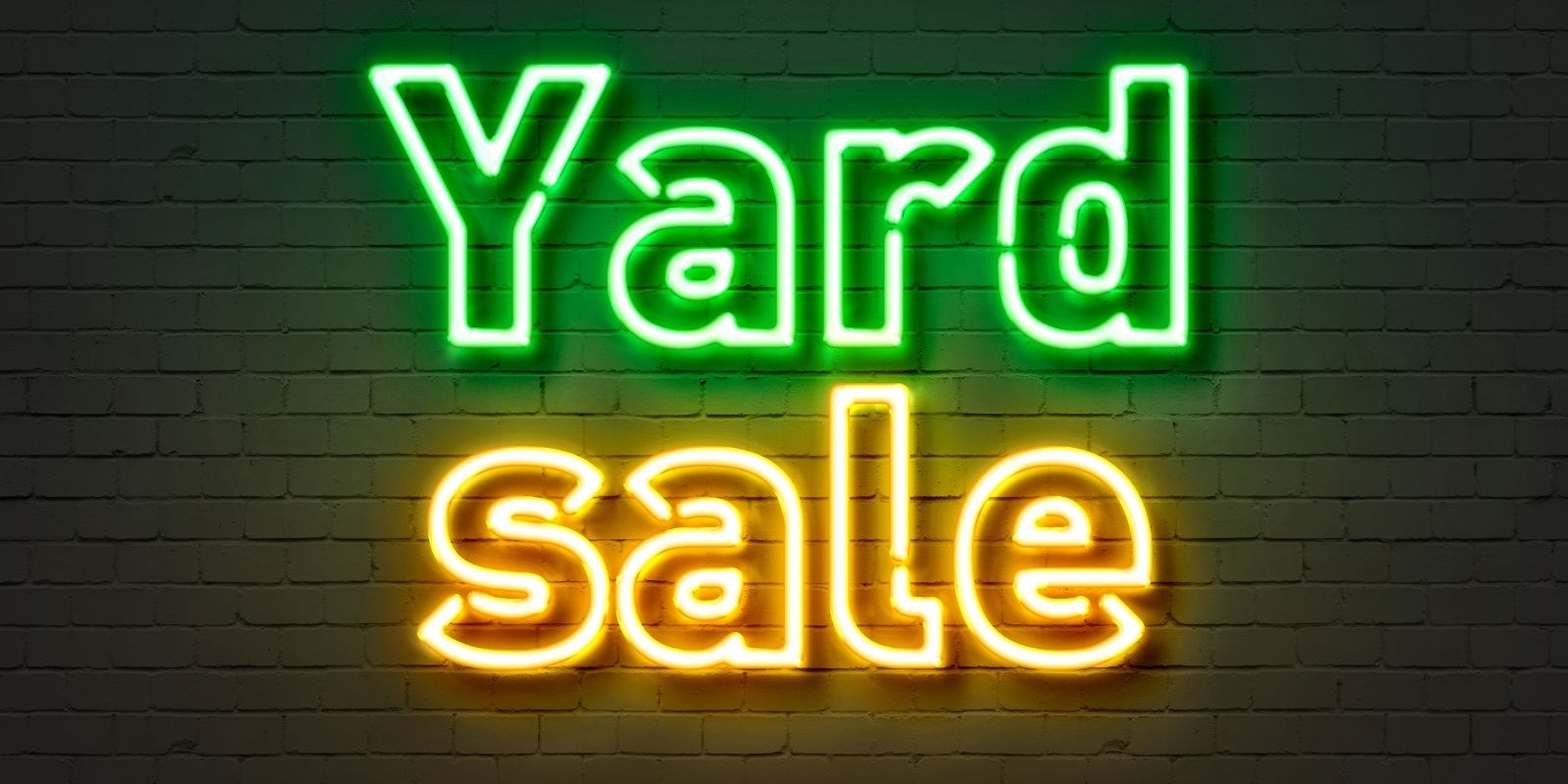
Sell Some of Your Belongings
Since you’ll be moving when you reach your down payment goal and buy a house, now is the perfect time to declutter your home.
While most of your “stuff” may seem worthless to you, that old car or piece of furniture might be what someone else is interested in buying.
Selling used goods can help supplement your income and raise much-needed cash for the down payment.
The Internet makes it easy to sell everything from clothes to electronics.
You can host a yard sale or sell unwanted items on Facebook Marketplace, Craigslist, or on apps like OfferUp, Mercari, or Poshmark.
Some of the sites let you do it for free while others take a cut of your profit.
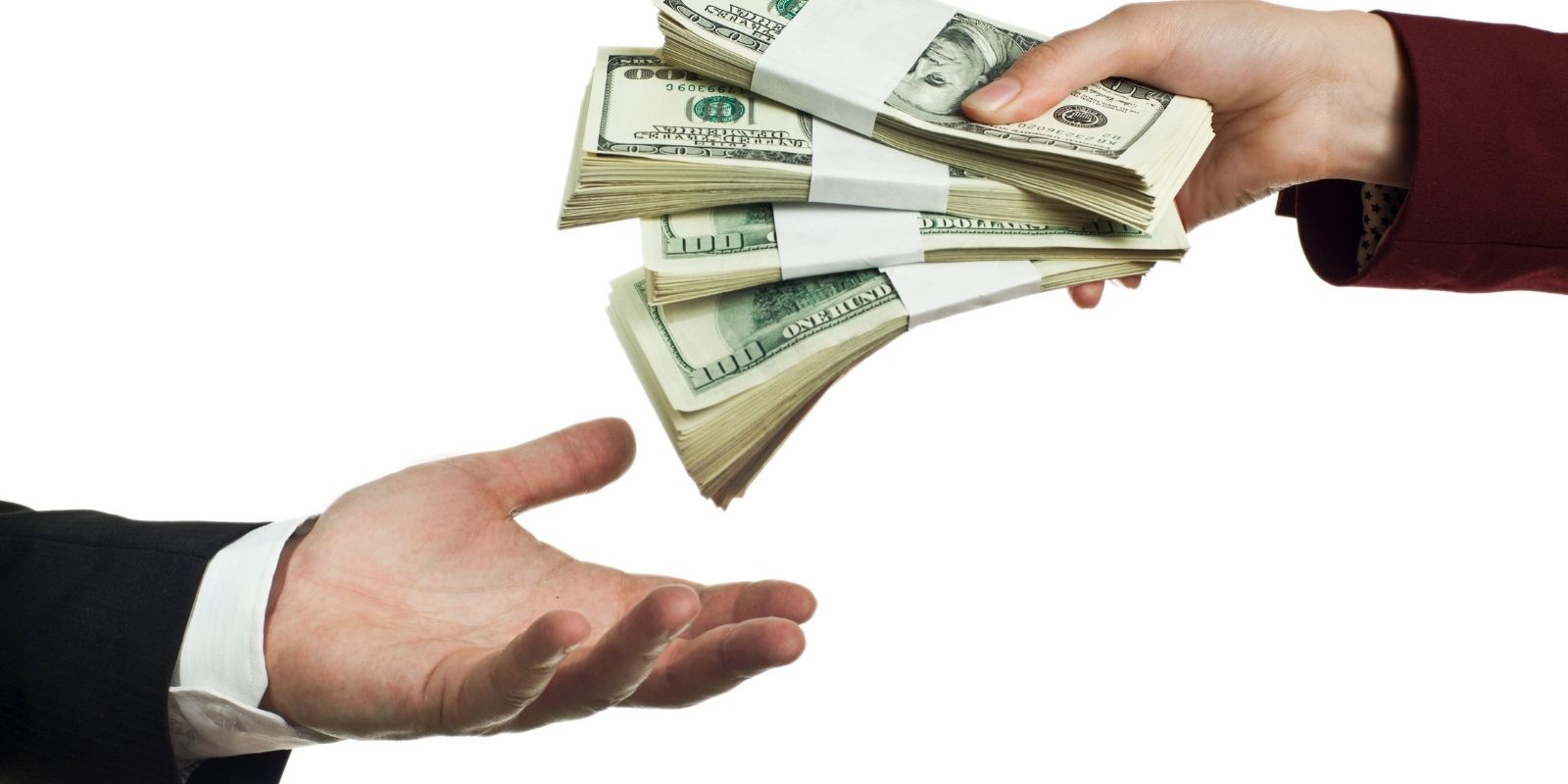
Borrow From Friends & Family
Borrowing money from friends and family can be a touchy subject.
That said, it can be a great way to get the money you need for a down payment on a house.
This is often an easier option since you’ll be working with people you can trust instead of a stranger like a lender.
You can also be gifted some or all of the money for your down payment, which will allow the gifter to get a tax write-off from it.
The Internal Revenue Service (IRS) allows people to give gifts worth thousands of dollars per year tax-free for the donor and the recipient.
The gift tax exemption depends on the amount gifted.
According to the IRS website, $15,000 can be gifted each year in 2020 and 2021 without paying taxes on it.
It’s a good idea to check the IRS website for any changes in tax laws before accepting cash gifts.
If a gift is out of the question, ask to borrow the money, and come up with a repayment schedule that also includes interest.
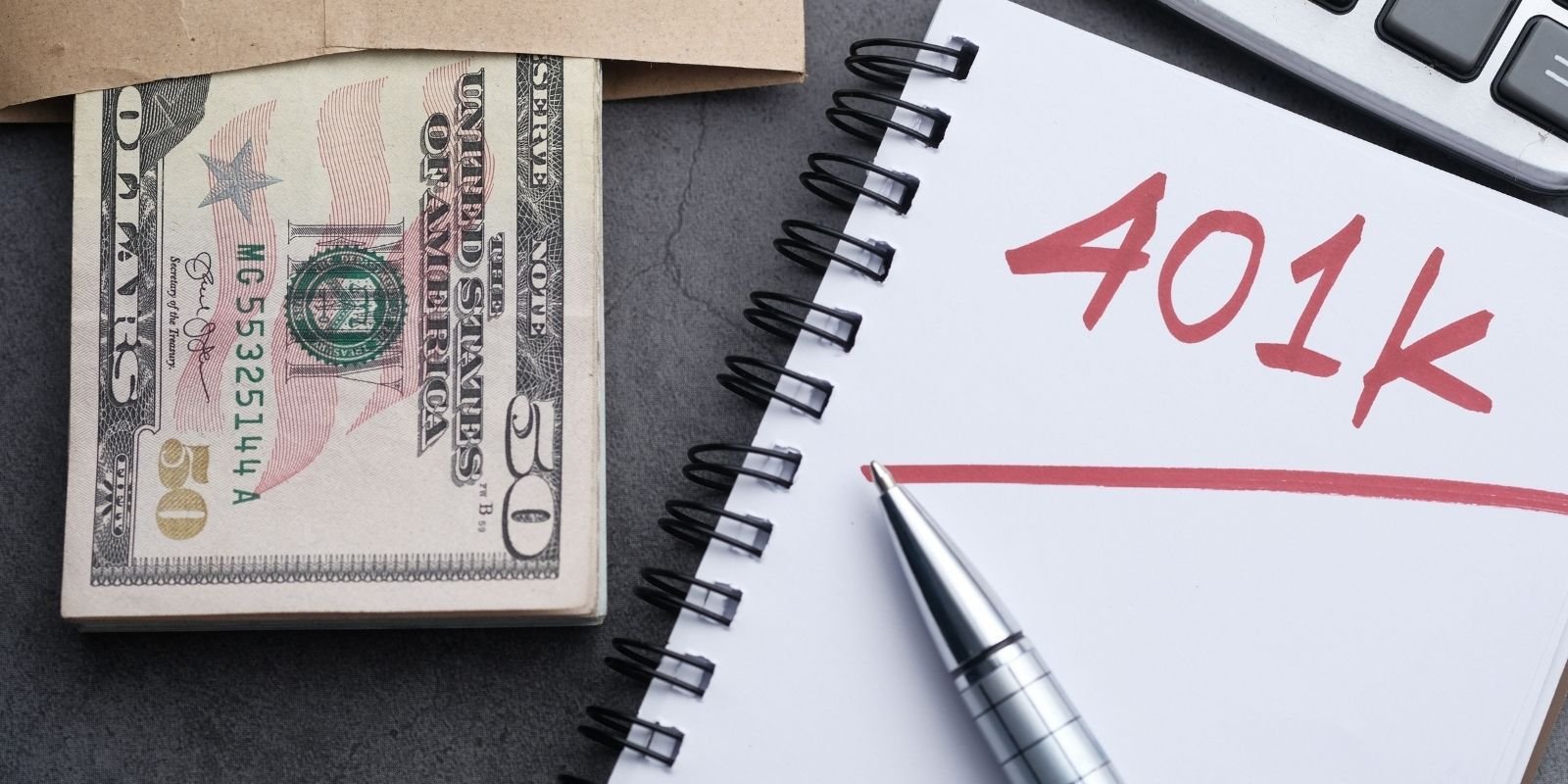
Take Out a 401K Loan
You can get extra down payment money by borrowing from employer-sponsored 401ks.
The borrowing limits on 401k loans are generally quite generous, allowing you to borrow up to the lesser of $50,000 or half the value of the account.
Borrowing that much would enable you to cover the 20% down payment on a $250,000 house.
Alternatively, you could cover half or 10% of the down payment on a $500,000 house.
It’s not all good news, as you have to pay back your 401k loans, with interest.
You can expect to pay 2% above the prime rate.
On larger loans, that means several years of 3-figure monthly payments and thousands of dollars in interest charges.
Taking out a 401k loan before applying for a mortgage loan, your credit utilization ratio will spike.
This could result in an increase in your mortgage loan’s interest rate.
Alternatively, the bank could think twice about lending to you in the first place.
As a general rule of thumb, 401k loans are useful in two situations:
- Funding small down payments ($5,000 or less) in their entirety
- As the last piece of a multi-year, multi-source down payment funding strategy.
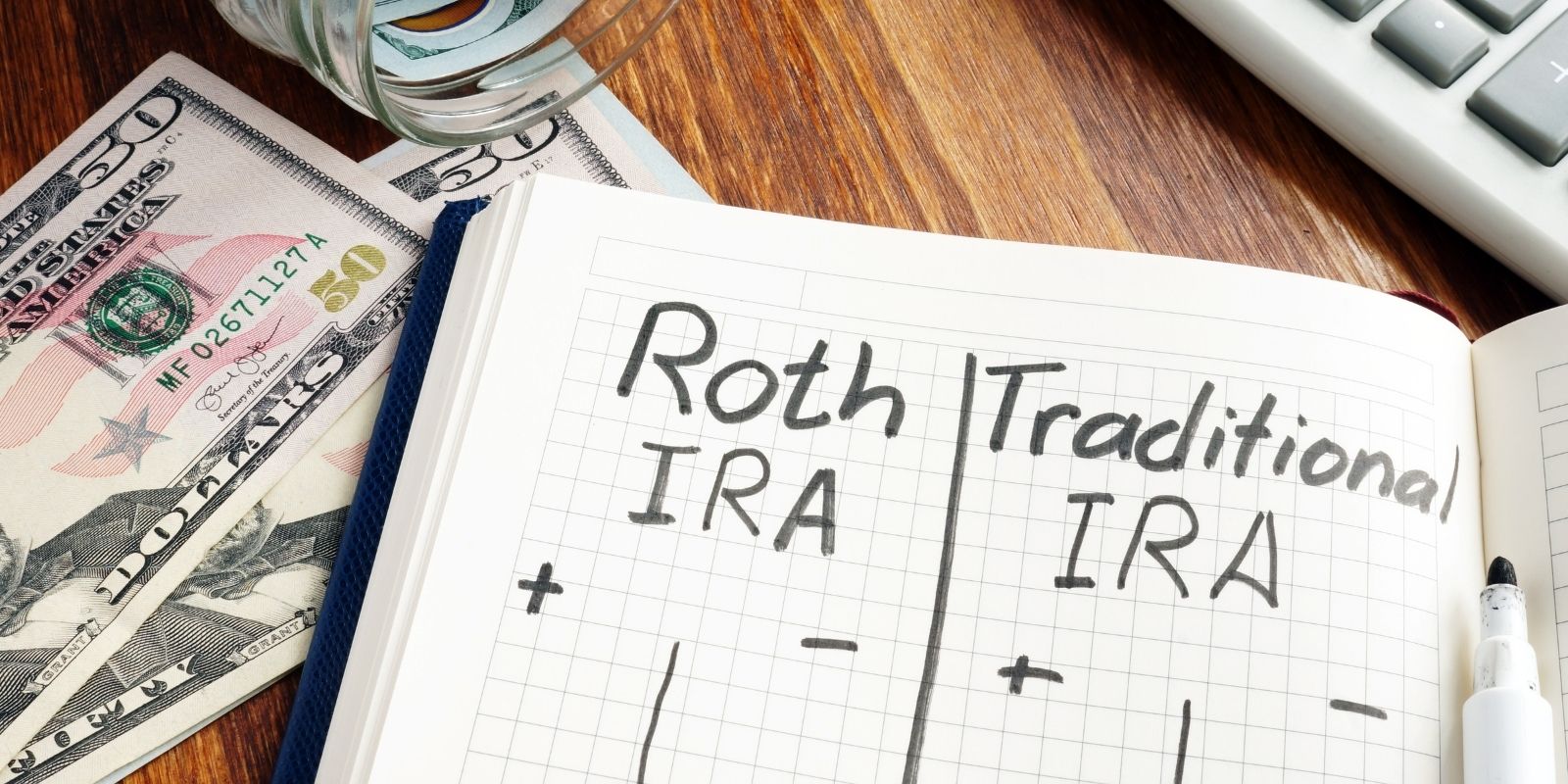
Withdraw from Your IRA Without Penalty
For first-time homebuyers, in particular, your retirement account can serve as a source of funding for your down payment.
First-time homebuyers are permitted to borrow up to $10,000 from a traditional or Roth IRA without penalty.
There are some drawbacks to withdrawing from a traditional IRA.
The biggest one is that you need to pay taxes on the withdrawn amount at your overall rate – 28% in the 28% bracket.
If you’ve held a Roth IRA for more than five years, your withdrawal is tax-free, because you’ve already paid taxes on the contribution.
If you and your spouse both have IRAs, you can both withdraw up to $10,000, for a total of $20,000.
Depending on the projected size of your down payment, that could be a sizable boost.
On Roth IRAs held longer than five years, you can withdraw tax and penalty-free contributions in excess of $10,000.
Any withdrawn earnings are taxable at your normal rate.
Keep in mind the opportunity cost of taking that money out of your retirement account.
It could take years for you to make additional contributions to cover your withdrawal.
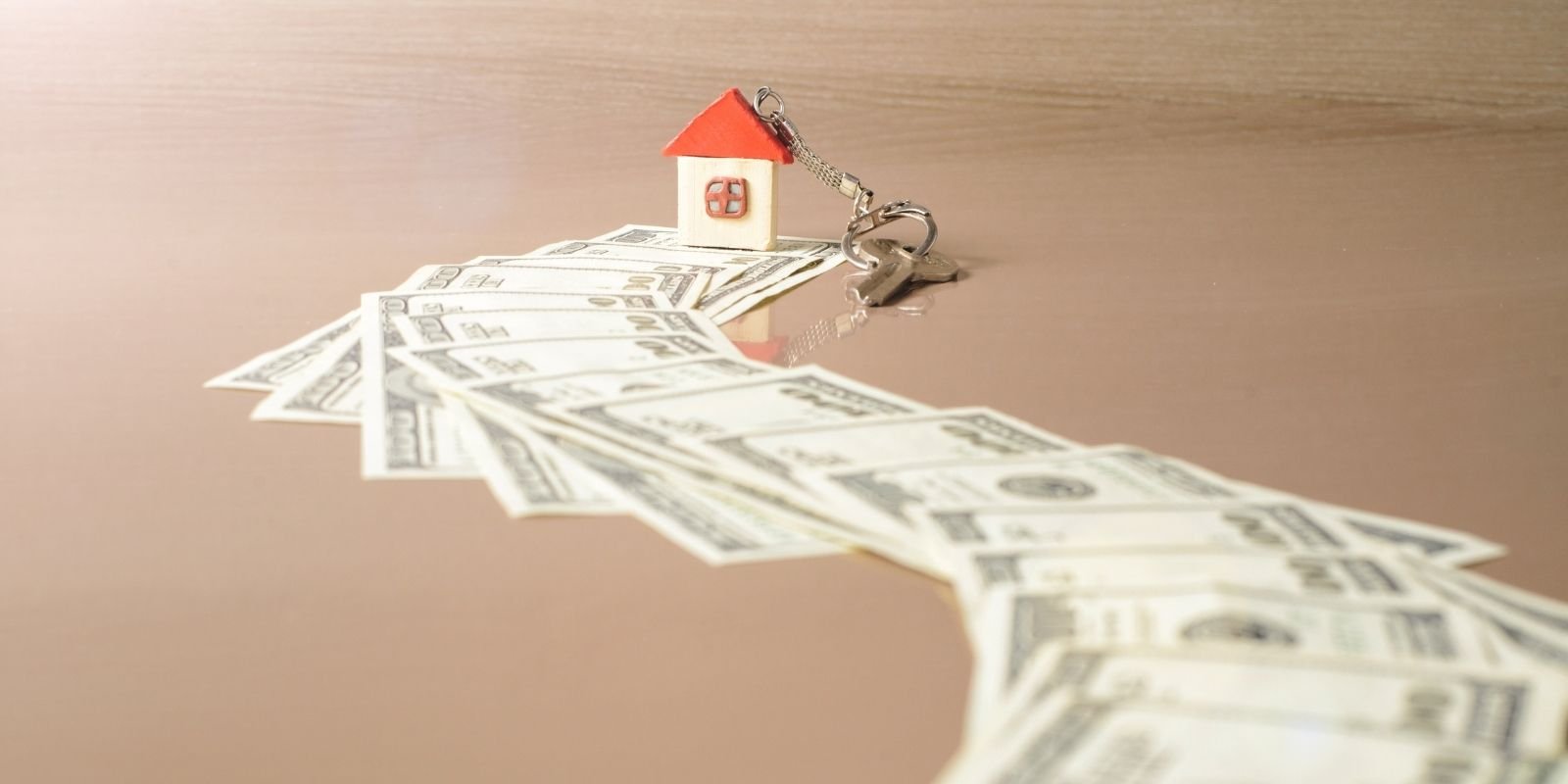
Wrapping Up Our Guide On How To Find Extra Down Payment Money
When it comes to finding extra down payment money for a house, there are a number of options available.
From getting a part-time job, taking out a 401k loan, selling some of your belongings, borrowing from friends or family, or receiving a gift for the down payment.
No matter which option(s) you choose, make sure to do your research so that you can find the best deal possible.
Consult with an expert if you have any questions about the process, like the real estate agents at Helen Painter Group Realtors.
As the oldest real estate agency in Fort Worth, TX, we’ve been helping people buy and sell homes throughout the area since 1958.
To speak with one of our agents, feel free to give us a call at (817) 923-7321 or contact us for a free consultation.

